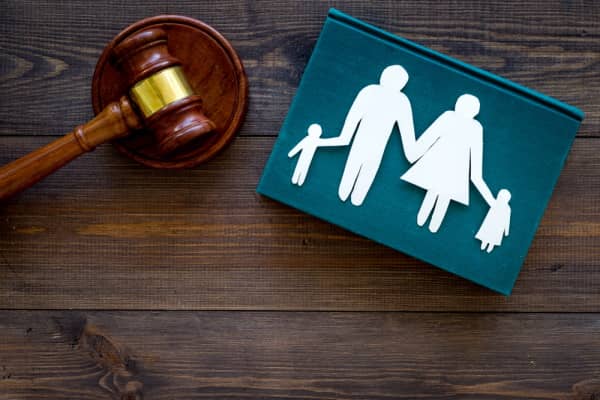- July 24, 2021
- Child Custody, Divorce, Family Law
An Idaho child custody case can become extremely complicated to deal with. You may notice that things are not going in the right direction. You may know about things such as drugs, unhealthy conditions, or even neglected behavior but the other parent denies it. The other parent may take the kids and leave town.
It is heartbreaking to see your loved ones suffering in such a situation. In 2018, approximately 21.9 million children had one parent living outside their household. At such a time, hire a professional child custody attorney to assist you in your case.
Child’s custodial preference matters in determining the outcome of the case. However, the court does not only look at the wish of the child instead it is ensured that the child’s best interests are met. When the child can make an informed and intelligent decision to live with one parent, the desire of the child becomes more significant to the decision of the case.
Physical and Legal Idaho Child Custody Case:
According to the laws of Idaho child custody cases, the two custody types include physical custody and legal custody. Either one parent is awarded complete physical and/or legal custody or both the parents share the custody. The decision depends upon your child’s best interest.
Physical custody means the child lives with the parent given physical custody. It is where the child lives and the parent spends most of the time with the child. In joint custody cases, it is not necessary that both the parents receive equal time with the child. The arrangement varies with each situation and case.
Legal custody means attaining the right to make decisions for the child such as which school to attend, which religion to follow, or which medical care to receive. The majority of the cases result in joint custody to ensure the child’s best interest but the judge can award decision-making power to one parent.
Winning Full Custody:
If the court believes that the best situation for your child is to live with one parent then you can win full custody of your child. Often, when parents can reach a mutual agreement on the division of care and support of their child, the custody decisions are relatively easier. The court steps in when parents cannot reach an agreement.
The decision of the court is based upon the following factors:
- Preference of the child
- Stability needs of the child
- Parent’s desire for custody
- Parent’s history including domestic violence
- The relationship of a child with parents and siblings
- Parental fitness including physical and mental health
- Child’s adjustment to school
- Parents ability to meet the needs of children; both physical and emotional
Can Your Child Choose Custody in Idaho?
In Idaho, the child will be given a chance to express their preference but it does not necessarily mean that the court will decide accordingly. There are several factors involved while deciding the Idaho child custody case. The case is dependent upon the needs of the child and the situation of the family.
The court effectively considers the preference of a child when the child is mature and of sufficient age. A child can express a custodial preference for people other than parents. If the child is well-reasoned and mature enough to make a sound decision and it is in the best interest of the child then the court can grant custody to grandparents or other individuals apart from parents.
Will Your Child be Required to Testify in Open Court?
Idaho law prevents children to witness the disputes of their parents and the court proceedings except when it is extremely significant for the case. In rare situations, children are required to testify for their custodial preference in an Idaho child custody case. Appointed professionals and judges keenly observe the signs if a parent is manipulating a child to express a custodial preference.
A custody evaluator interviews a child without the presence of parents to effectively evaluate the desire of the child for custody. If you have more than one child, each child’s custody will be evaluated separately in the Idaho child custody case.
The parental preference of your child can be communicated to the court through a licensed child therapist or a guardian. Your child will not have to be physically present in the courtroom. A judge can also choose to meet the child in chambers with the presence of attorneys.
Get in Touch with a Child Custody Attorney:
If you have questions regarding an Idaho child custody case, immediately contact our attorney to know your legal rights. Our attorneys have years of experience in similar cases. We aim to preserve your rights and strengthen your case for successful outcomes.










